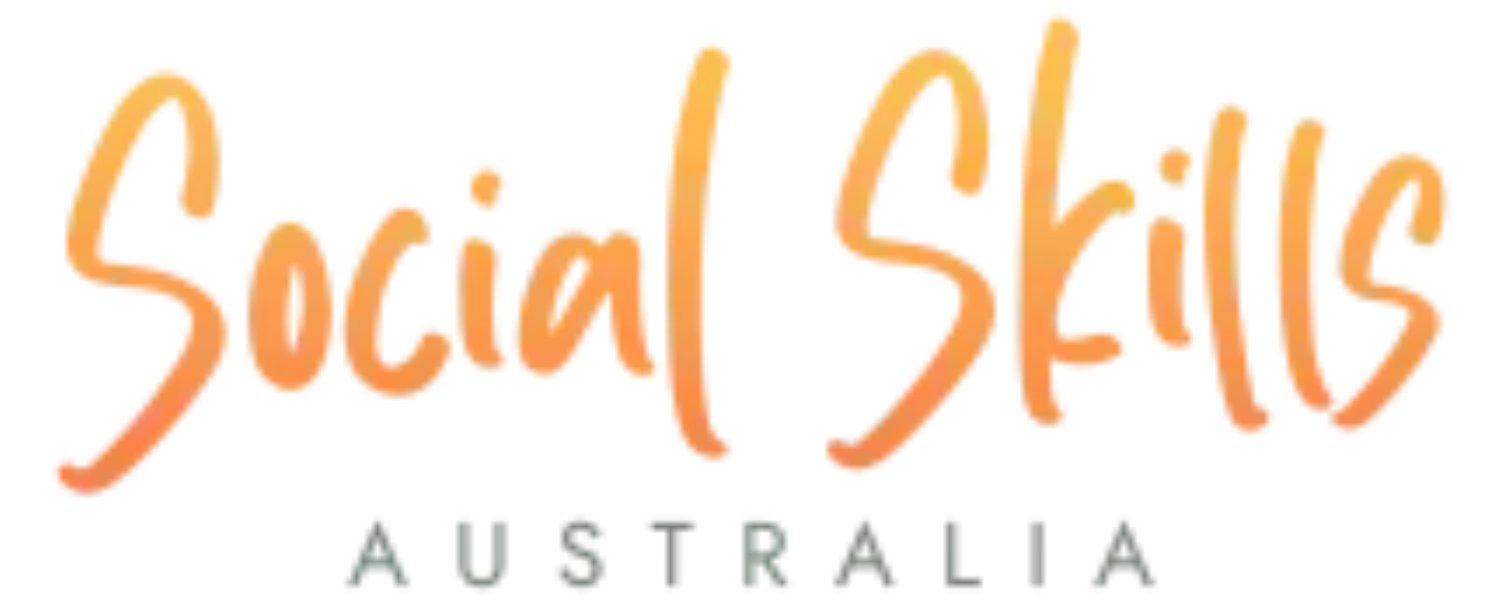As an Autistic Person, My Social Motivations Are Different—That Doesn’t Make Me Rude
For many autistic people, navigating social situations can feel like walking a tightrope. The way we approach communication and relationships is often shaped by our unique experiences and motivations, which may not align with neurotypical social norms. This difference isn’t about being rude or unfriendly—it’s about operating from a different framework of understanding and interacting with the world.
Understanding Different Social Motivations
Autistic people often value authenticity, directness, and meaningful connections over surface-level interactions. While neurotypical social norms might emphasise small talk or unspoken social rules, many autistic individuals focus on deeper, more purposeful conversations. This difference in priorities can sometimes lead to misunderstandings.
For example:
If we don’t engage in small talk, it’s not because we’re disinterested—it’s because we find deeper conversations more meaningful.
If we prefer alone time, it’s not about rejecting others—it’s about recharging in a way that suits our sensory and emotional needs.
If we speak bluntly, it’s not meant to offend—it’s our way of being honest and direct.
These differences aren’t flaws; they’re simply variations in how we communicate and connect.
How Misunderstandings Happen
Unfortunately, these differences can sometimes be misinterpreted as rudeness, aloofness, or a lack of interest in others. This can lead to feelings of isolation or frustration for autistic people, who may feel judged or misunderstood.
It’s important to remember that being different doesn’t mean being wrong. Social interactions are a two-way street, and understanding each other’s perspectives is key to building meaningful relationships.
How the PEERS® Program Can Help
At Social Skills Australia, we understand the challenges that come with navigating social norms as an autistic person. That’s why we offer the PEERS® program, a research-based social skills program designed to support autistic adolescents and young adults in developing practical, meaningful social strategies.
Here’s how the PEERS® program can help:
Building Confidence in Social Settings
PEERS® provides step-by-step guidance on essential social skills, such as starting conversations, joining groups, and maintaining friendships. These skills are taught in a way that respects individual differences and builds confidence.Understanding Social Rules Without Compromising Authenticity
The program helps participants understand unspoken social norms while encouraging them to stay true to themselves. It’s about finding a balance between fitting in and embracing individuality.Addressing Common Challenges
From handling teasing and bullying to navigating digital communication, PEERS® offers practical tools to tackle real-world social challenges.Parent Involvement for Ongoing Support
Parents play a crucial role in reinforcing these skills at home. The PEERS® program includes parent coaching, equipping families with strategies to support their teen’s social development.Creating a Safe Space to Practice
PEERS® provides a supportive environment where participants can practice new skills without fear of judgment. This safe space allows for growth and experimentation.
Being autistic means seeing the world through a unique lens. Your social motivations, values, and communication style are part of what makes you, you. Programs like PEERS® aren’t about changing who you are—they’re about equipping you with tools to navigate a world that often operates differently from your own.
By bridging the gap between neurodiverse and neurotypical social norms, the PEERS® program empowers autistic individuals to connect with others while staying true to themselves.
As an autistic person, your social motivations are valid, and your way of interacting with the world is just as valuable as anyone else’s. Misunderstandings may happen, but with the right tools and support, you can navigate social situations with confidence and authenticity.
At Social Skills Australia, we’re here to help you on this journey. Enrolments for our next PEERS® program for adolescents and young adults are still open but closing soon. Join us to gain the skills and support you need to thrive socially—on your terms.
